Gary Hemming, commercial lending director at finance broker ABC Finance, outlines the ways a bakery might access financial support
The coronavirus pandemic has caused massive issues to business owners around the world. Companies have been hit hard, especially with the closure of non-essential businesses.
As more detail is released daily, understanding what support is available to you and your staff can be tricky. In this guide, I will break down the options available through grants and government support, in addition to opportunities to borrow through the commercial finance market.
Government grants and support
Small business grant funding
For businesses that currently qualify for Small Business Rate Relief (SBRR), a grant of £10,000 will be paid automatically through the local council.
You don’t have to apply for this grant, your local authority will contact you in early April with details, with payment expected shortly after.
If you have any questions about whether you will qualify for this grant, you should contact your local authority – you can find their contact details through the government’s website.
Grants for larger businesses
For businesses with a rateable value between £15,000 and £51,000 that are classed as a retail business, you are eligible for a £25,000 grant.
Retail businesses are classified as shops, restaurants, cafés, drinking establishments, cinemas and live music venues.
As with the small business grant, no action is required, you will be contacted by your local authority with further details.
If you cannot wait for the grant, won’t qualify and need funds, or you require further funding, you may be eligible for the Coronavirus Business Interruption Loan Scheme (CBILS).
Coronavirus Job Retention Scheme
To protect the jobs of workers who would otherwise be laid off during the crisis, the government has launched the Coronavirus Job Retention Scheme. Through the scheme, the government pays 80% of these staff’s wages, initially for three months, although extending it has not been ruled out.
Further details are to be released, although, for your staff to qualify, you must classify them as a ‘furloughed worker’. HMRC must then be informed through a portal, which is currently being designed.
It is up to the employer whether they pay the additional 20% of the worker’s wages. Once produced, pay can be backdated to 1 March.
For further information on the government support schemes visit the business support website.
Borrowing money
Business loans
Business loans can be arranged on a secured or unsecured basis. Unsecured business loans don’t require a charge over a property, whereas secured loans do.
Unsecured loans can be arranged on the following basis:
- • Borrow from £3,000-£500,000 – or up to £5m through the Coronavirus Business Interruption Loan Scheme (CBILS)
- • Terms from 6-60 months
- • Complete in 5-7 days
80% of CBILS-qualifying loan amounts are guaranteed by the government, meaning the lender will be reimbursed if you fail to keep up repayments. In addition, the first 12 months’ interest is paid by the government and lenders are instructed to judge a business by its previous performance and future viability, with current issues looked at sympathetically.
Secured business loans work as follows:
- • Borrow from £26,000 with no maximum loan
- • Terms up to 25 years
- • Complete in around 14 days
Secured business loans may benefit from slightly more relaxed criteria, due to the additional security offered by way of your property.
Business revolving credit facilities
Revolving credit facilities allow you to borrow and repay funds as required, with no real upper or lower limits on facility sizes. The most well-known facility is the overdraft, although many lenders offer standalone facilities managed through online portals.
Some revolving credit facilities qualify for CBILS and can have the first 12 months’ interest covered by the government.
Completion can take place very quickly, often in two to three days.
Asset refinance
Where your business owns solid assets, such as commercial kitchen equipment, you can raise finance against them using asset refinance. These facilities can work much like a loan, or as a sale and leaseback.
As security is offered, you may benefit from a lower rate than those offered through an unsecured loan, and more flexible criteria.
These facilities can often be completed in 7-10 days.
Commercial mortgages
Commercial mortgages can be used to raise capital against your business premises, up to a maximum of 75% of the property value.
The rates offered are usually very low, terms are available up to 25 years and the criteria are flexible, depending on the lender chosen.
Commercial mortgages do come with set-up costs for valuation and legal fees and can take around 8 weeks to complete, so aren’t ideal where funds are needed urgently, or cash flow is very poor.
Bridging loans
Where funding is needed quickly and must be secured against property, a bridging loan can be used to finance your requirement quickly.
Bridging loans can be arranged up to 70% of the value of commercial properties and can be taken for up to 36 months, although 12-18 months is more common. Monthly interest costs can often be rolled into the loan.
Applications are based on the security offered and your planned exit route (your method of repaying the loan), with accounts and credit history being less of a concern.
Funding can be arranged in 7-10 days and they can be an ideal temporary solution while you wait for a commercial mortgage to complete.



















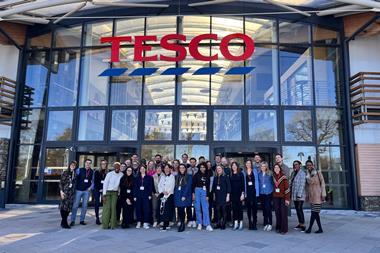



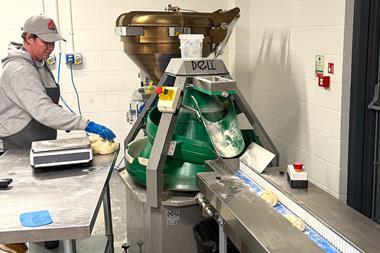
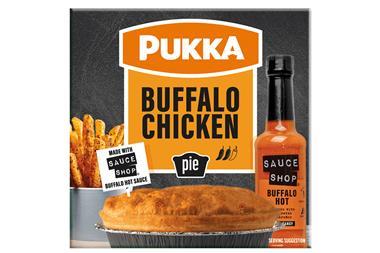

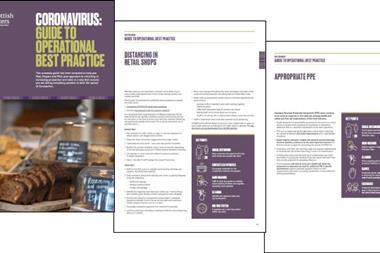


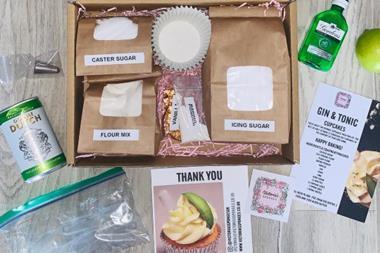


No comments yet